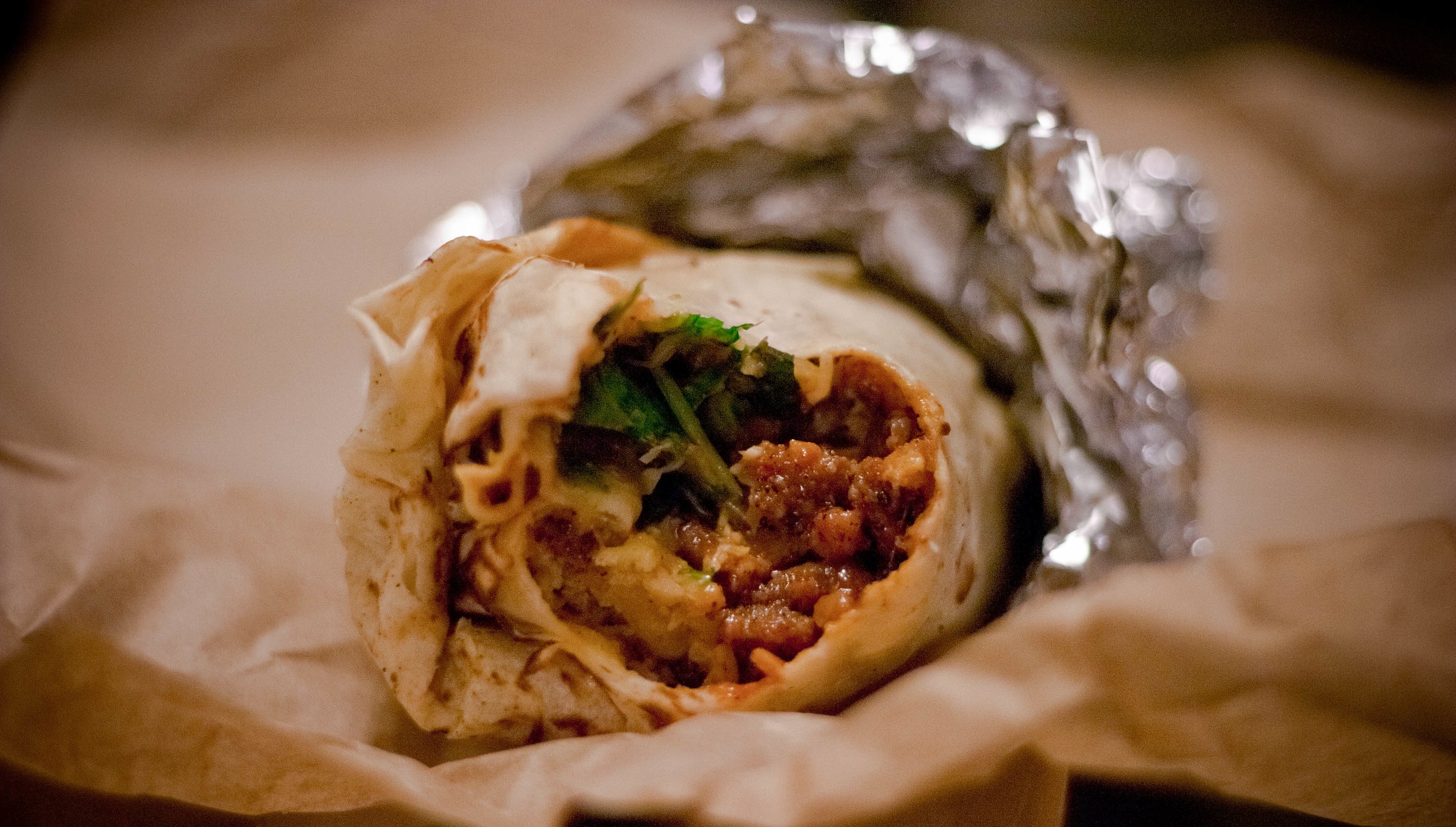Editor’s Note: Today we’re excited to present a brand new guest post from Emily Farnan. Emily is one of the writers at MakeItCheaper.com, a UK-based website dedicated to helping business owners find new and better ways to reduce their expenses.
Emily’s here today with an entertaining and educational column explaining why cities around America should relax their food truck rules and make it easier for FoodTruckrs to do business. Let’s take a look at what she has to say!
Food trucks have been around since long before anyone can remember. In the 1800s, food was even available from people in horse-drawn carriages. But the rise in food trucks in recent years, especially in America, has led to confusion in regard to the rules.
The rules change from city to city. Some places like Pittsburgh require food truck owners to move every 30 minutes (so you better grab your food quick!), while Los Angeles, on the other hand, is one of the most welcoming places for food trucks—a haven, if you will.
With the rules changing vastly from city to city, it’s easy for people to become confused and exhausted and even put off from buying permits and becoming food truck owners. Permits can easily cost around the $5,000 mark, and there’s also all the rules, regulations, and red tape to make things even more difficult—which means that many potential food trucker owners are stuck in their day jobs, wishing they could instead be out serving food and living their foodie dreams.
Of all the cities in the U.S. to be a food truck owner, Chicago is known for being at the tougher end of the spectrum. The local government there is making it increasingly difficult to obtain food truck permits, and the controversy between potential vendors and the authorities has actually been going strong since the 1980s.
Things looked brighter very briefly in 1986, when a state law that rendered food trucks unable to operate within 200 feet of a restaurant was overthrown by an attorney named Lou Elovitz. However, just a few short years later in 1991, it was once again made illegal for food trucks to operate within 200 feet of a restaurant. And sadly, that ruling still stands to this day in Chicago.
Restaurants and food trucks have the potential to build a beautiful working relationship if everyone would take a breather and see what could happen if they worked together. Restaurant owners fear their potential customers are being taken away by smaller food providers on wheels, but this is simply not the case. If people plan to go out for a sit down meal, that’s what they really want—and that’s your demographic, restaurant owners!
FoodTruckrs, though you can appeal to a wide demographic, lunch times are probably your best bet because people will be looking for quick, inexpensive, tasty food. So, why not break bread with restaurant owners? You could introduce some form of coupon whereby if you eat at this food truck for lunch you get money off at this restaurant for dinner, or vice versa. You could work together to maximize profits.
People want food trucks. We want to meander home after a few drinks at a local bar and see a taco stand or a new cuisine food truck along the way to top off a potentially perfect night. We want to nip out of work at lunch and try something new. So, local governments, please stop making these permits so expensive—let food trucks be open at more reasonable times and in more places. And food truck owners, make friends and business connections with local restaurants so that you can work together and build bigger and better things.
Cities of America, relax these rules and let there be food trucks! It’s the right thing to do, and it’s what the people want.
image by Varin
There is no ads to display, Please add some
